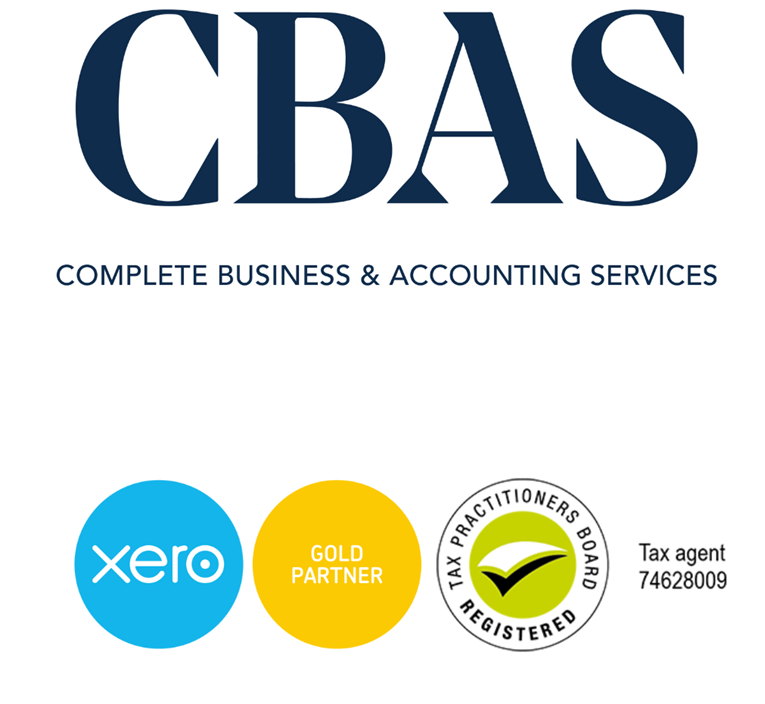Writing a business plan?
What elements should you include, and what are the main considerations to think about?
A detailed business plan will generally include:
– A clear direction for the business – a well-crafted business plan gives you a defined path to follow, outlining the company’s purpose, goals and strategies.
– An overview of your financial strategy – your plan will include revenue projections, expense forecasts and funding requirements. This financial guidance gives you the foundations for mapping out your budgeting, cashflow and securing investments.
– An overview of threats and opportunities – a robust plan will identify the potential challenges and risks faced by the business.
– A summary of your sales and marketing strategy – outlining your sales and marketing strategy helps you target the right audience and differentiate your business in the market.
– Attract the right investors and lenders – a solid business plan enhances your credibility when you’re approaching investors or lenders.
7 steps to creating a plan for your business
There’s no ‘one size fits all’ business plan. Your business plan should clearly outline your goals and how you intend to reach them. As a starting point, this should include how you intend to set up, finance, manage and run your business.
Use the following seven headings to kick-start your planning process. We can help you work through the numbers and strategic thinking to support your goals:
1. Describe your business idea – what’s the idea and how does it work? Try to have an ‘elevator pitch’ that quickly and simply describes the potential of your idea.
2. Set out your business goals – what are your objectives for the business? Set out your vision for the business and what your core mission will be.
3. Outline your ideal customer – do the research to provide an overview of your target market (the people or organisations you’ll sell to).
4. Do some competitive analysis – who are your competitors? Consider all the possibilities. They may not be in your precise sector but still compete for the same consumer dollar.
5. Perform a business financial analysis – How will you fund your business and can you demonstrate the financial viability of the business idea?
6. Sketch out your sales and marketing plans – show how you’ll win customers and generate revenue. Consider the 4 Ps of marketing (Product, Price, Place, Promotion).
7. Outline your business structure – give an overview of your organisational structure and your strategic and operational roles as directors.
A well-structured business plan is an essential document, whether you’re a new founder that’s just starting out, or a seasoned business owner looking to grow and diversify.




No comments yet.